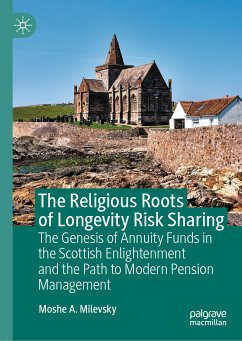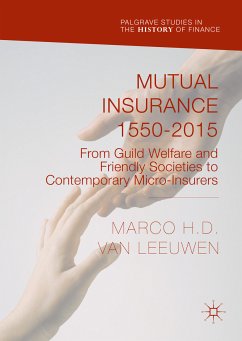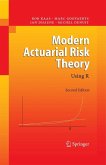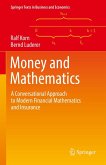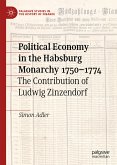This book narrates the genesis of longevity risk pooling and the first successfully funded annuity scheme in history, an eventual prototype for national pension plans around the world. It examines how a group of Protestant clergymen, scientists, and intellectuals associated with the Presbyterian Church of Scotland pioneered innovative methods for setting up a reversionary annuity and widow's pension plan, guided by actuarial principles. Unknown to many, the economist Adam Smith, and other literati of the Scottish Enlightenment, invested in this novel annuity. Illuminating the social and theological contexts of this scheme, the book argues that religious belief played a critical role in the development of best practices around the prudent management of longevity risk. The practices, values and beliefs in divine probabilities were at the heart of these thought leaders' confidence in long-term financial projections. Shedding light on this fascinating aspect of actuarial history by an examination of the archival records, while also linking to contextual discussions of modern pension challenges, this book will be of interest to scholars and readers interested in finance, insurance, pensions, and religion.
Moshe A. Milevsky is a tenured professor at the Schulich School of Business, York University (in Toronto), and a Fellow (2002) of the Fields Institute for Research in Mathematical Sciences, with graduate degrees in Financial Economics, Mathematical Statistics, and History from the University of Edinburgh. He has published 17 books, over 65 peer-reviewed papers, and hundreds of newspaper pieces.
Dieser Download kann aus rechtlichen Gründen nur mit Rechnungsadresse in A, B, BG, CY, CZ, D, DK, EW, E, FIN, F, GR, HR, H, IRL, I, LT, L, LR, M, NL, PL, P, R, S, SLO, SK ausgeliefert werden.

